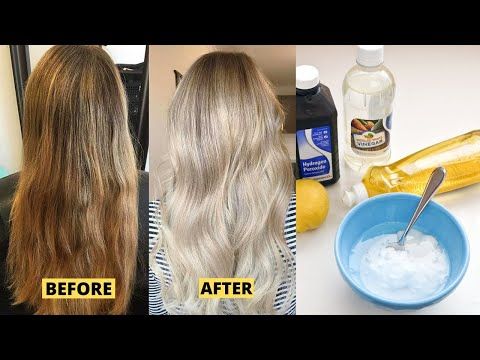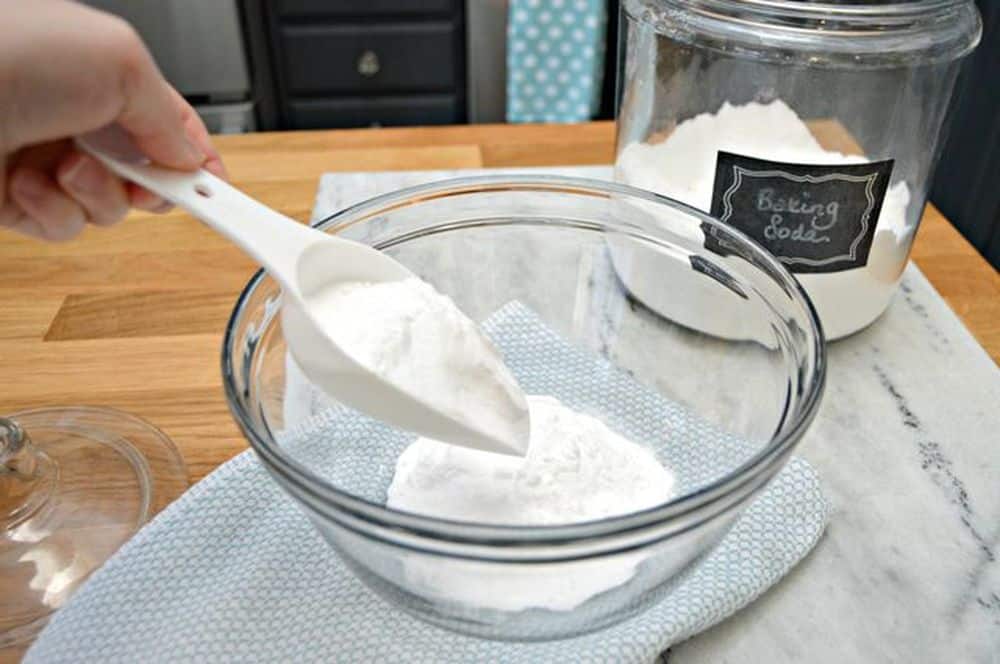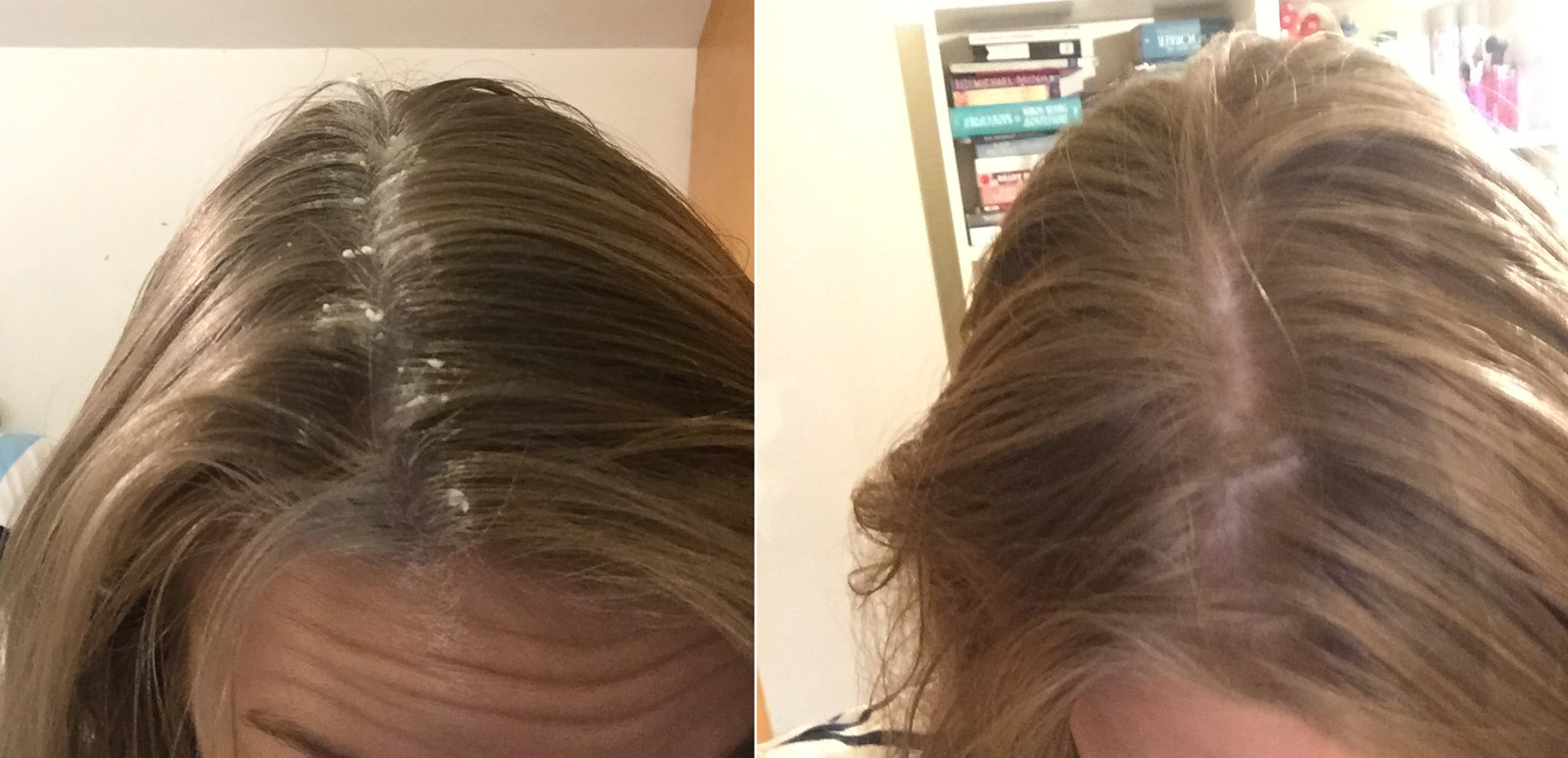In recent years, there has been a surge in interest surrounding natural and DIY beauty treatments. One such trend that has gained popularity is using baking soda as a hair care product. Advocates claim that it can help clarify the hair, remove buildup, and improve overall hair health.

But is there any truth to these claims? In this article, we will explore why people use baking soda in their hair, delve into what the research says, and discuss whether it is recommended by experts.
Why People Use Baking Soda in Their Hair
Clarifying Properties:
One of the main reasons people turn to baking soda for hair care is its clarifying properties. Baking soda is an alkaline substance, and it is believed that it can help remove excess oils, product buildup, and hard water minerals from the hair. This is especially appealing to those who struggle with greasy or lifeless locks.
Natural Alternative:
Many individuals are seeking natural alternatives to commercial hair care products that may contain harsh chemicals. Baking soda is a readily available, inexpensive option that appeals to those who prefer a more eco-friendly and sustainable approach to hair care.
Dandruff and Scalp Issues:
Some people use baking soda as a treatment for dandruff and scalp issues. It is thought to help balance the pH of the scalp, potentially reducing the growth of dandruff-causing yeast and fungi.
Volume and Shine:
Proponents also claim that baking soda can add volume and shine to the hair, making it a desirable option for those with fine or dull hair.
What the Research Says
While there is anecdotal evidence and personal testimonials touting the benefits of using baking soda in hair care, scientific research on this topic is limited. There are several factors to consider:

- pH Balance:
Hair has a natural pH level of around 4.5 to 5.5, which is slightly acidic. Baking soda, on the other hand, is highly alkaline with a pH of about 9. This significant difference in pH can disrupt the natural pH balance of the hair and scalp, potentially leading to dryness, damage, and increased frizziness. - Damage Risk:
The abrasive nature of baking soda particles can cause physical damage to the hair cuticle, making it susceptible to breakage and split ends over time. - Scalp Irritation:
Some individuals may experience scalp irritation, redness, or itching after using baking soda, especially if it is not properly diluted. This can be particularly problematic for those with sensitive skin or existing scalp conditions. - Lack of Regulation:
Unlike commercial hair care products, baking soda lacks regulation and quality control. This means that the purity and safety of the product can vary significantly depending on the source.

Is It Recommended?
Most experts do not recommend using baking soda as a regular hair care product. While it may provide short-term benefits like clarifying the hair, the potential risks outweigh the benefits. Here are some alternative options for those looking to improve their hair health naturally:
- Apple Cider Vinegar: Diluted apple cider vinegar can help restore the natural pH balance of the hair and scalp without the abrasive properties of baking soda.
- Natural Oils: Coconut oil, argan oil, and jojoba oil can help moisturize and nourish the hair without disrupting the pH balance.
- Sulfate-Free Shampoos: Look for sulfate-free, natural or organic shampoos that are gentler on the hair and scalp.
- Professional Advice: Consult with a hairstylist or dermatologist for personalized recommendations based on your hair type and specific concerns.
While the idea of using baking soda as a natural hair care remedy may be appealing to some, it is crucial to consider the potential risks and lack of scientific evidence supporting its benefits. Instead of experimenting with baking soda, individuals seeking healthier hair should explore safer and more well-researched alternatives to maintain the integrity and beauty of their locks. A
lways prioritize the long-term health of your hair and scalp over quick fixes that may do more harm than good.





